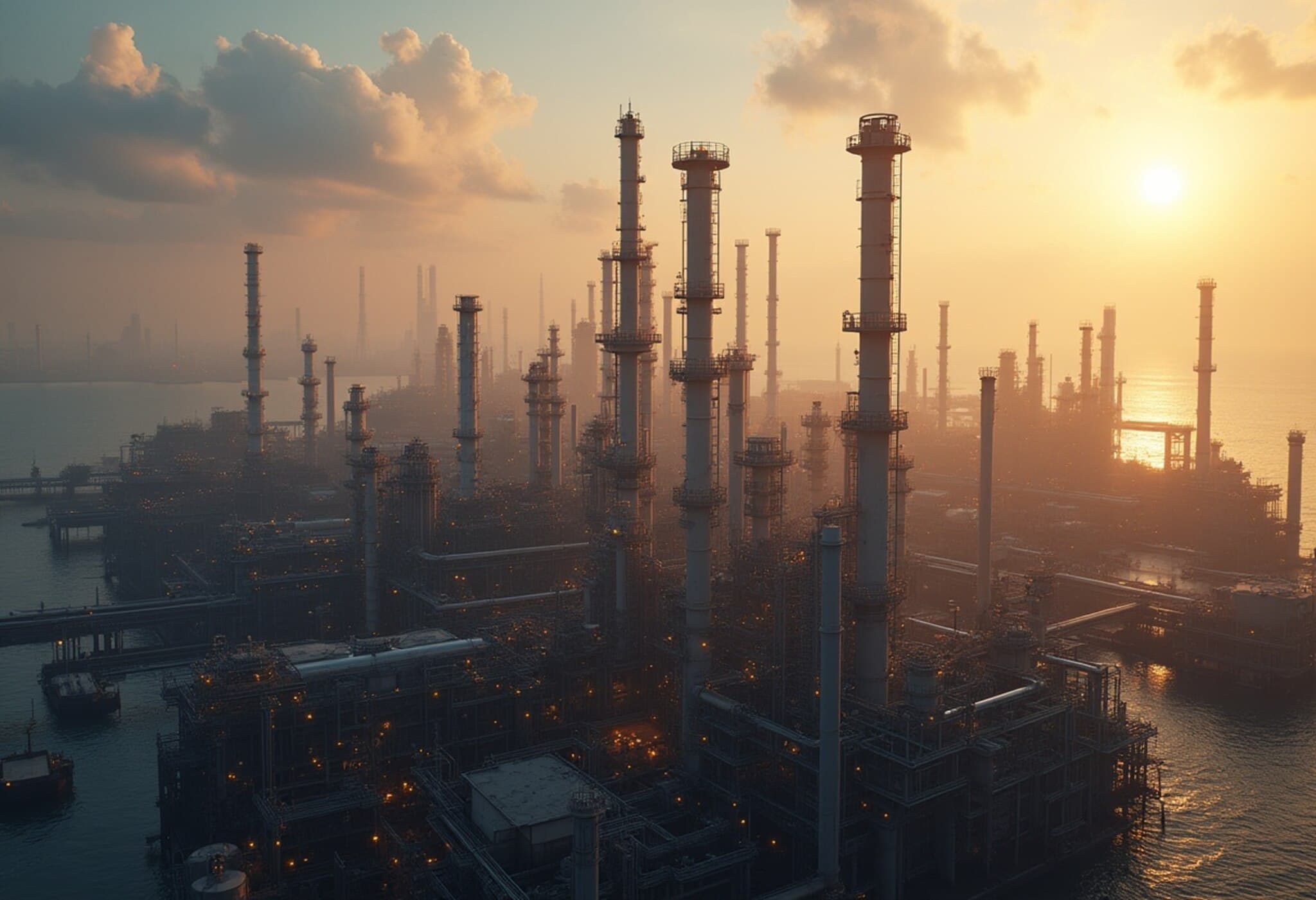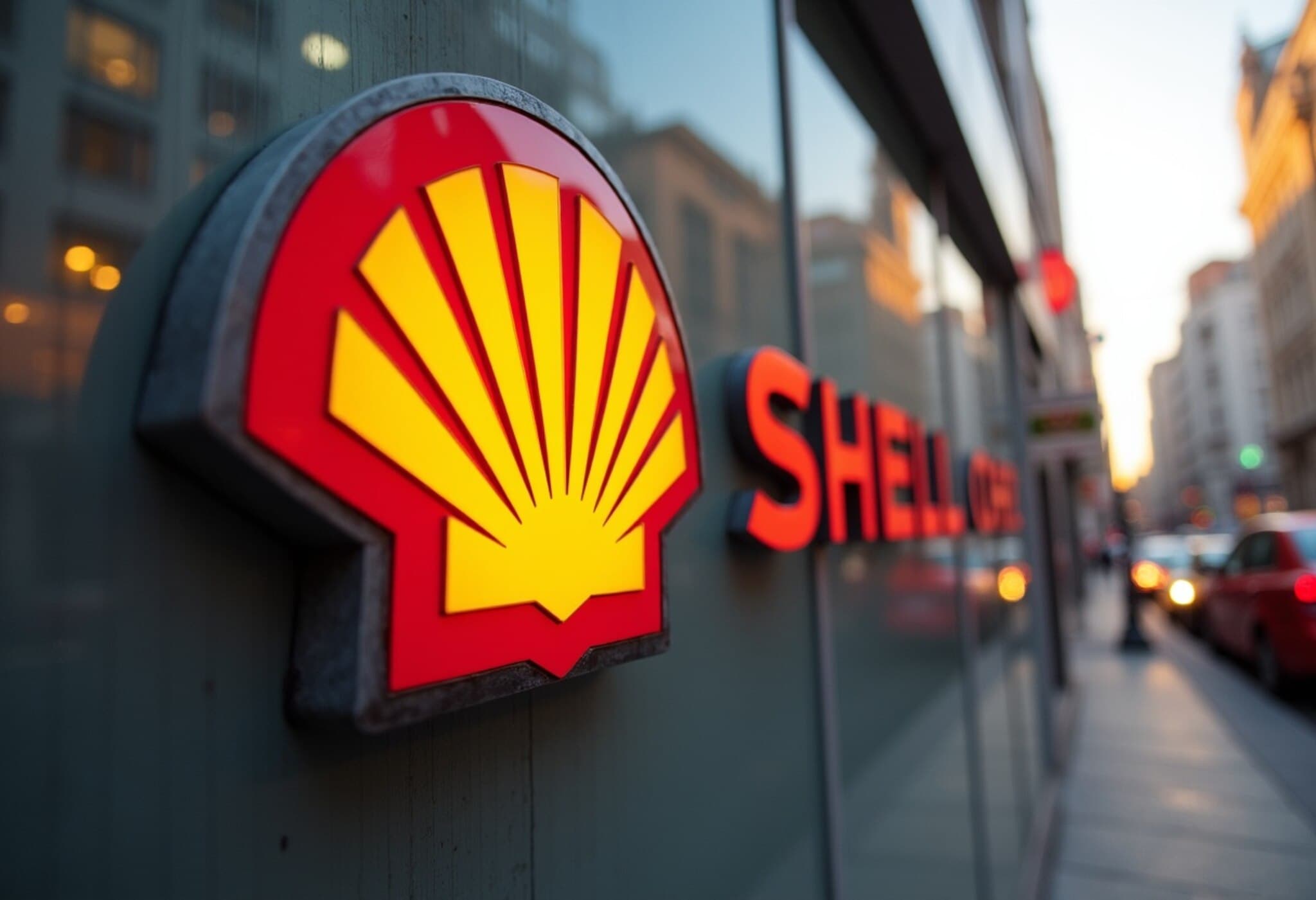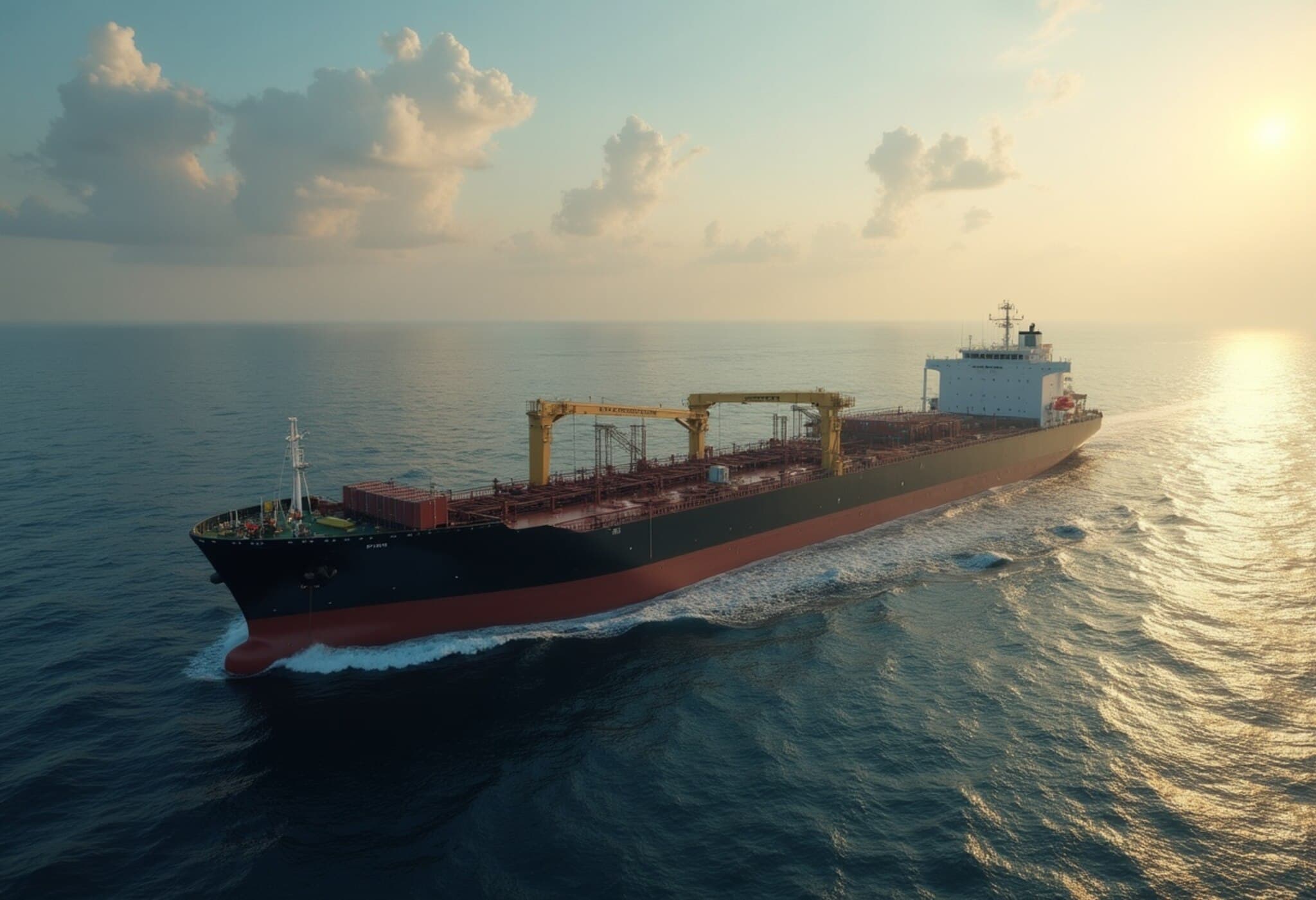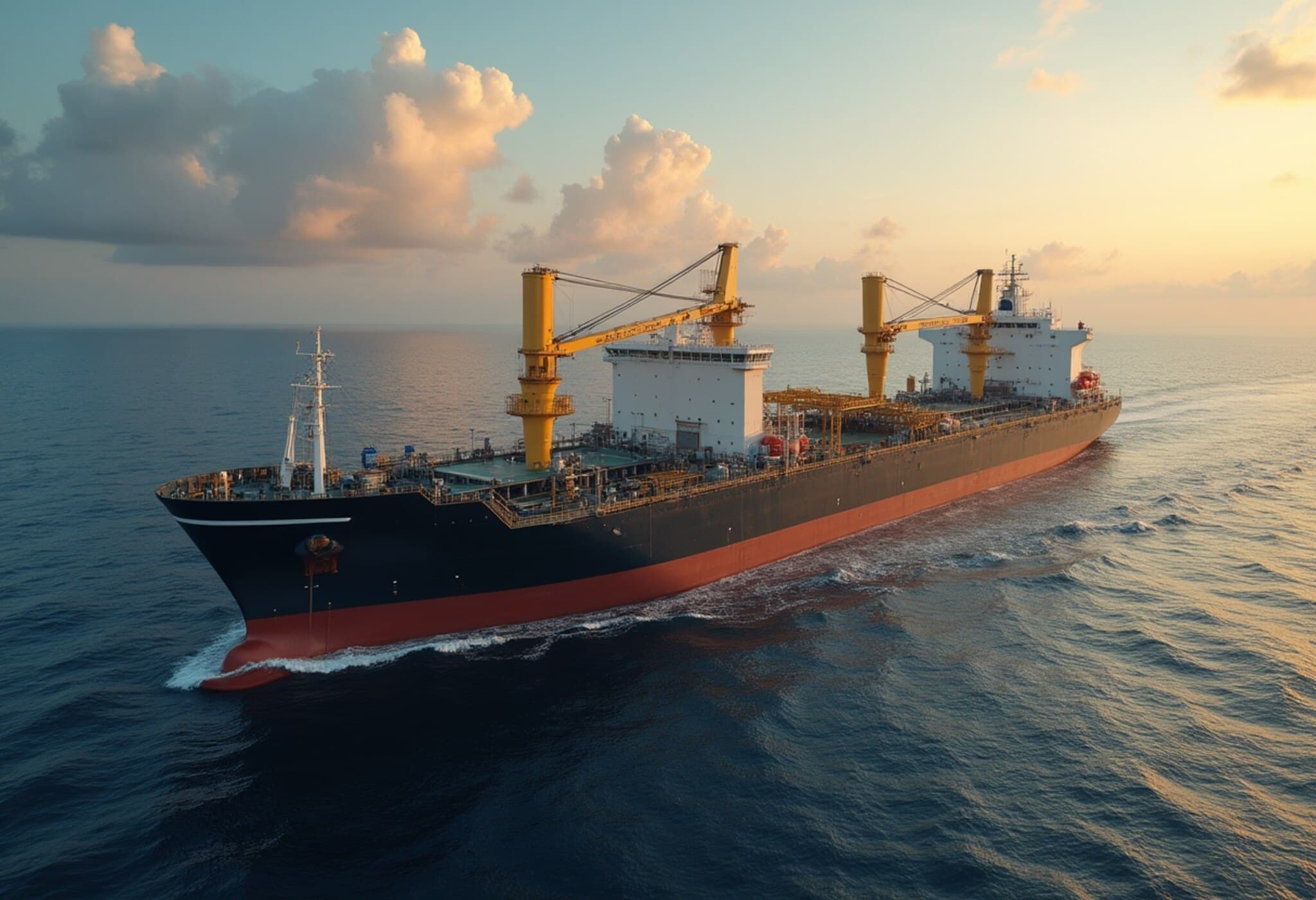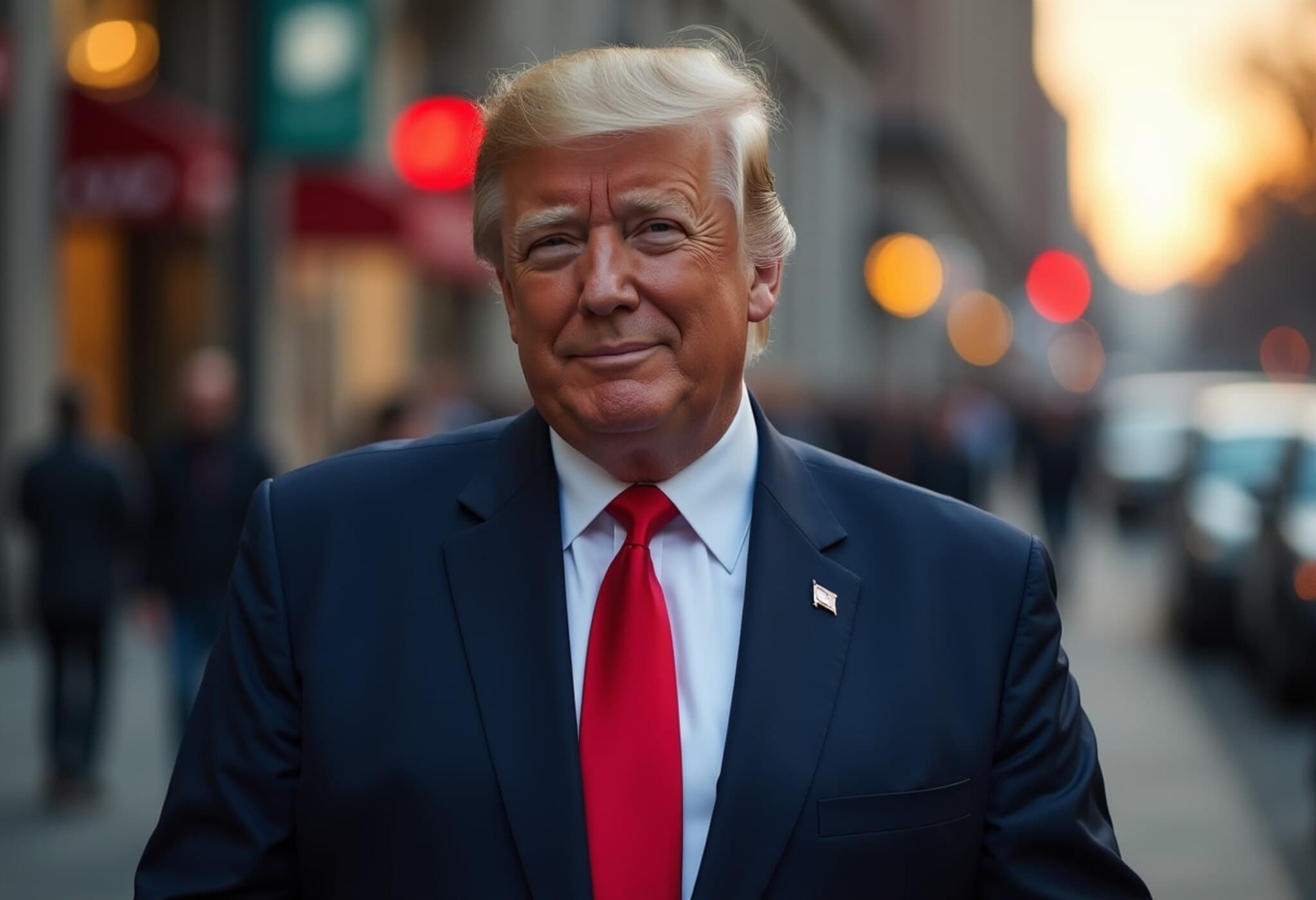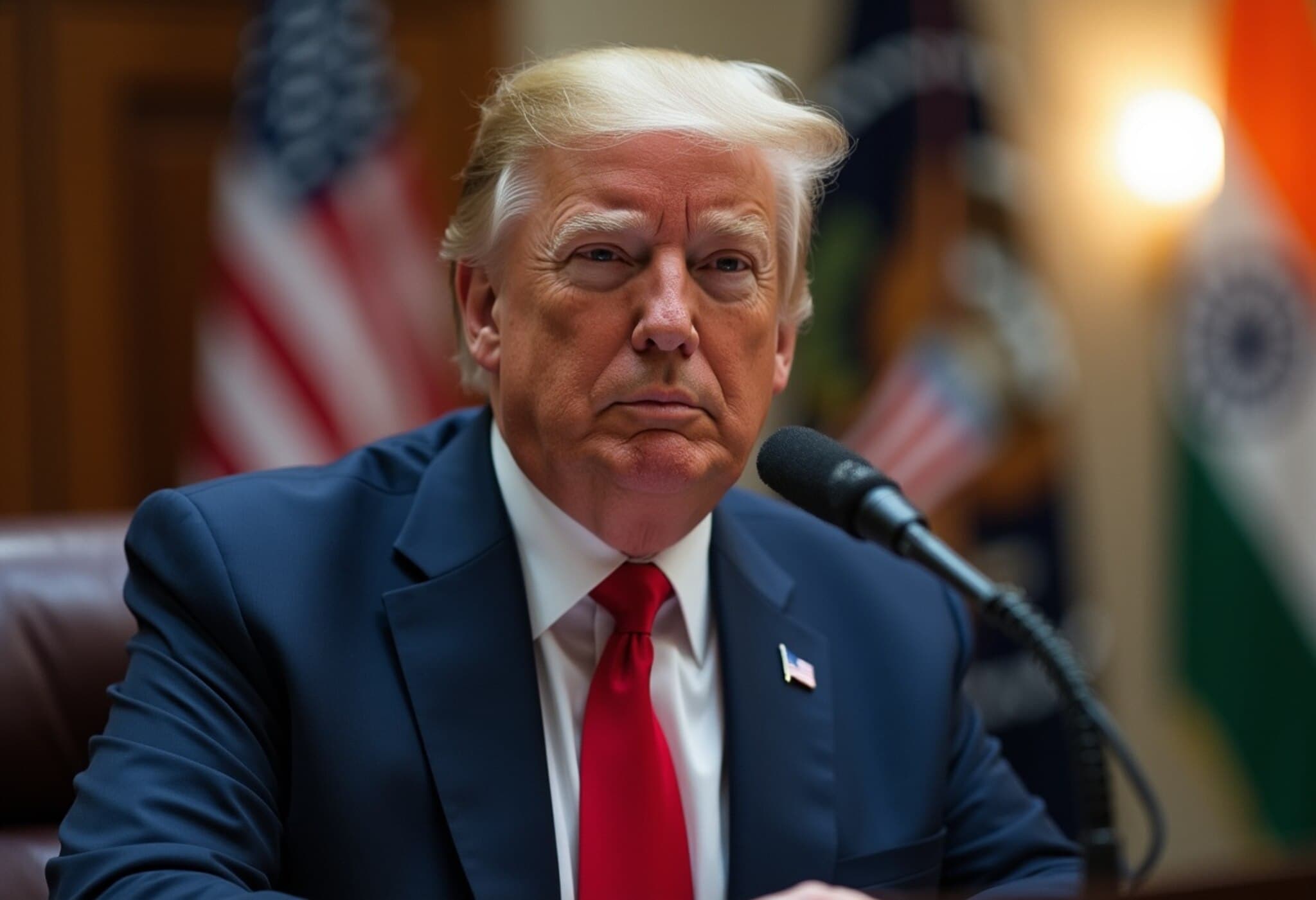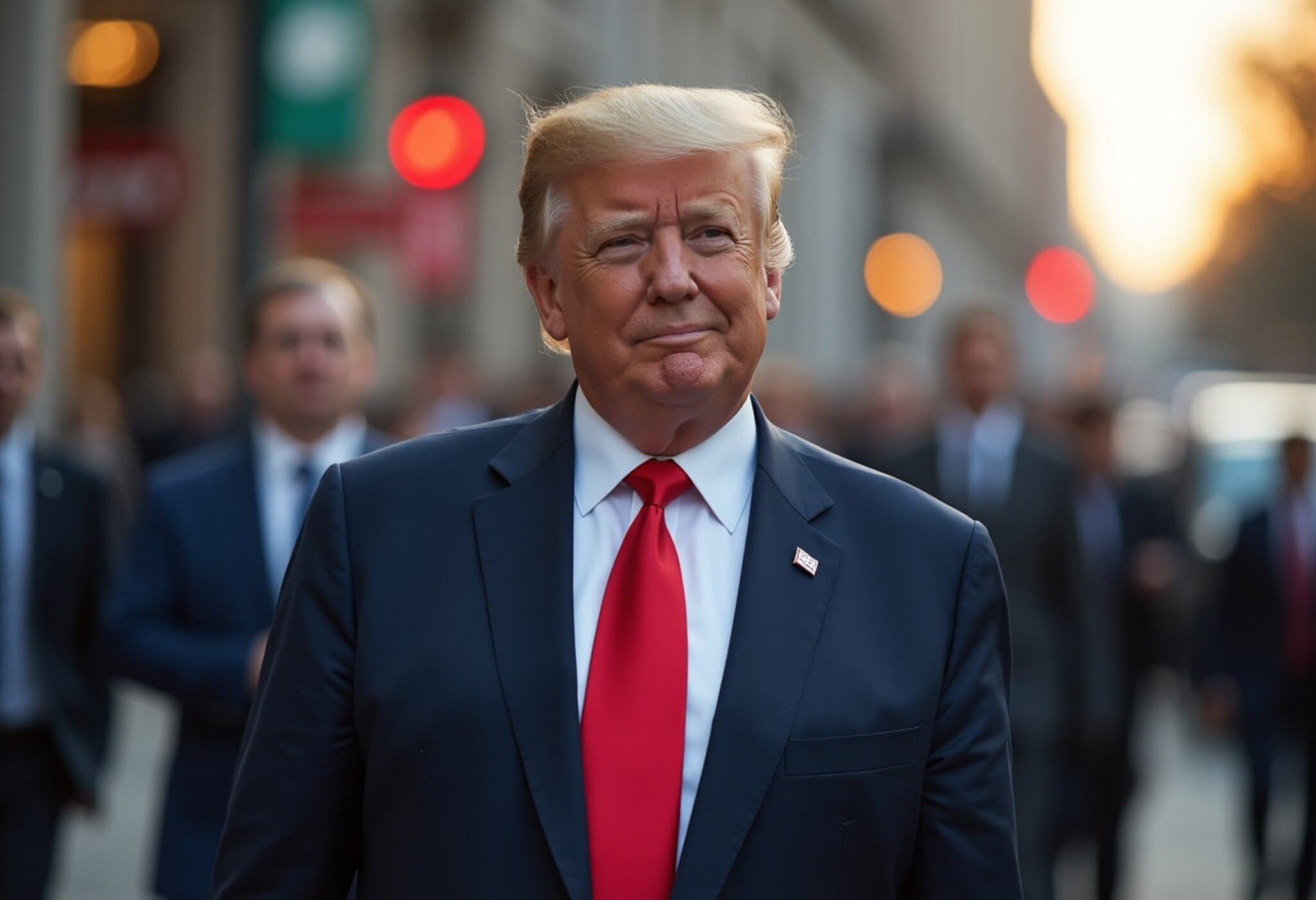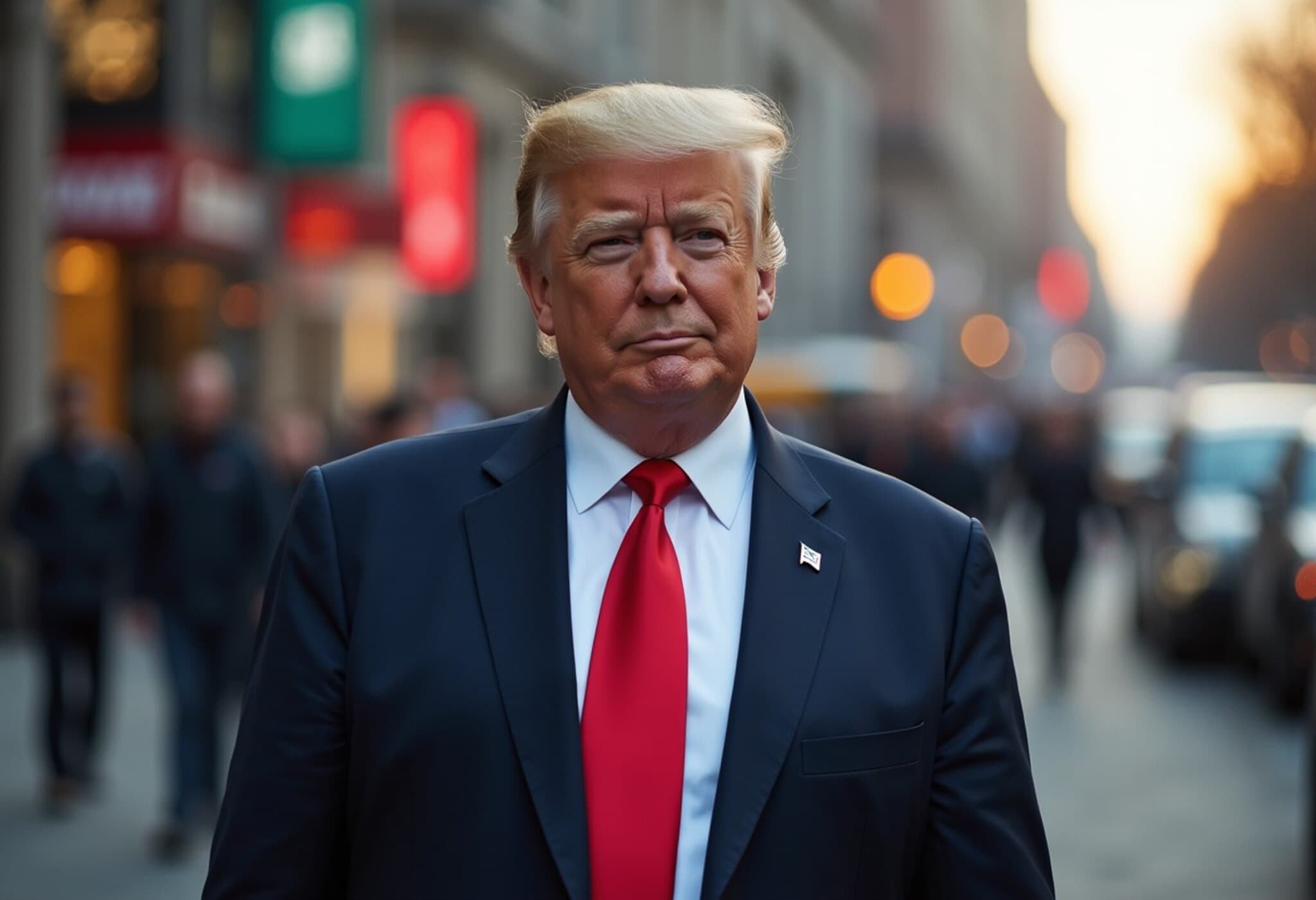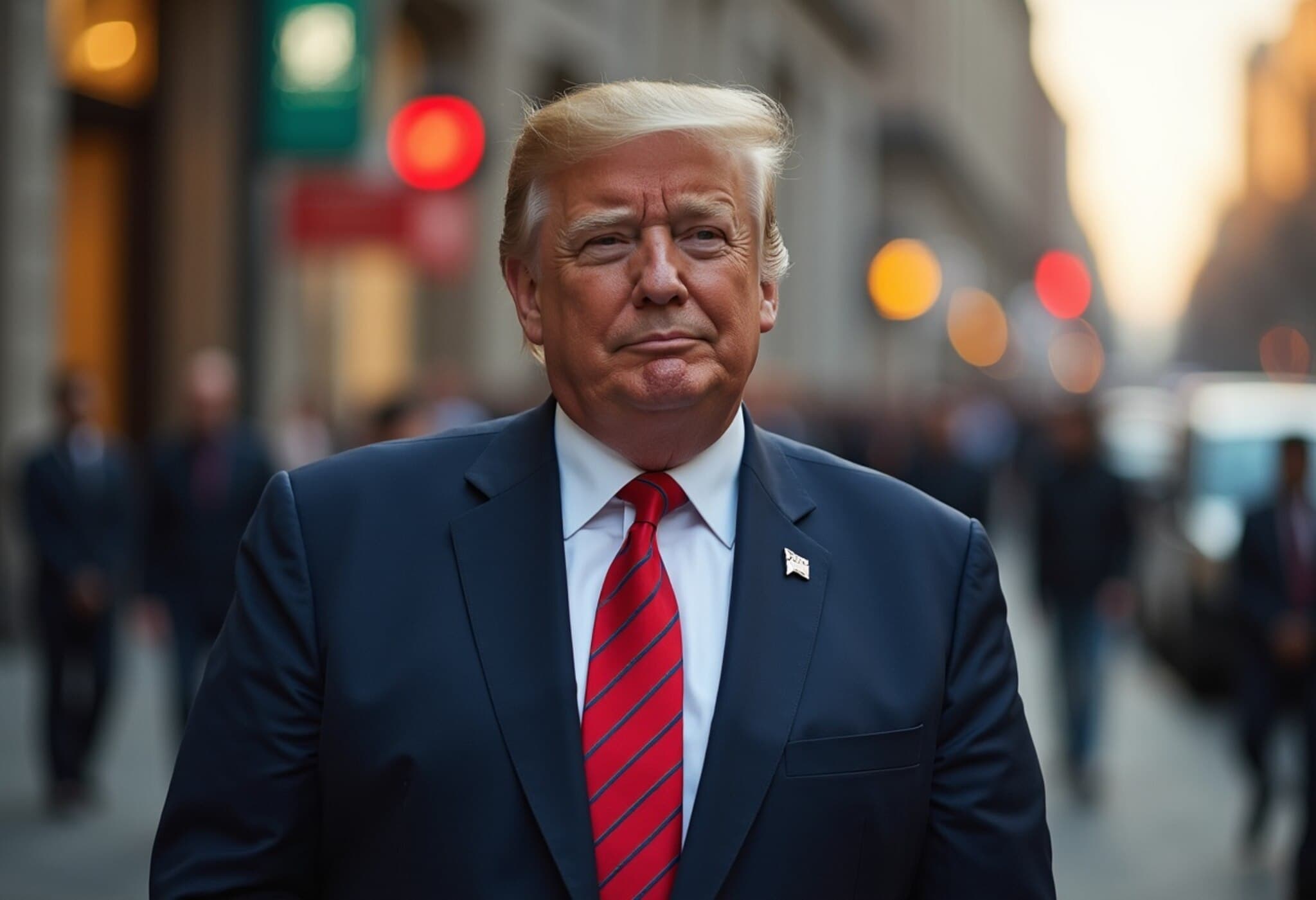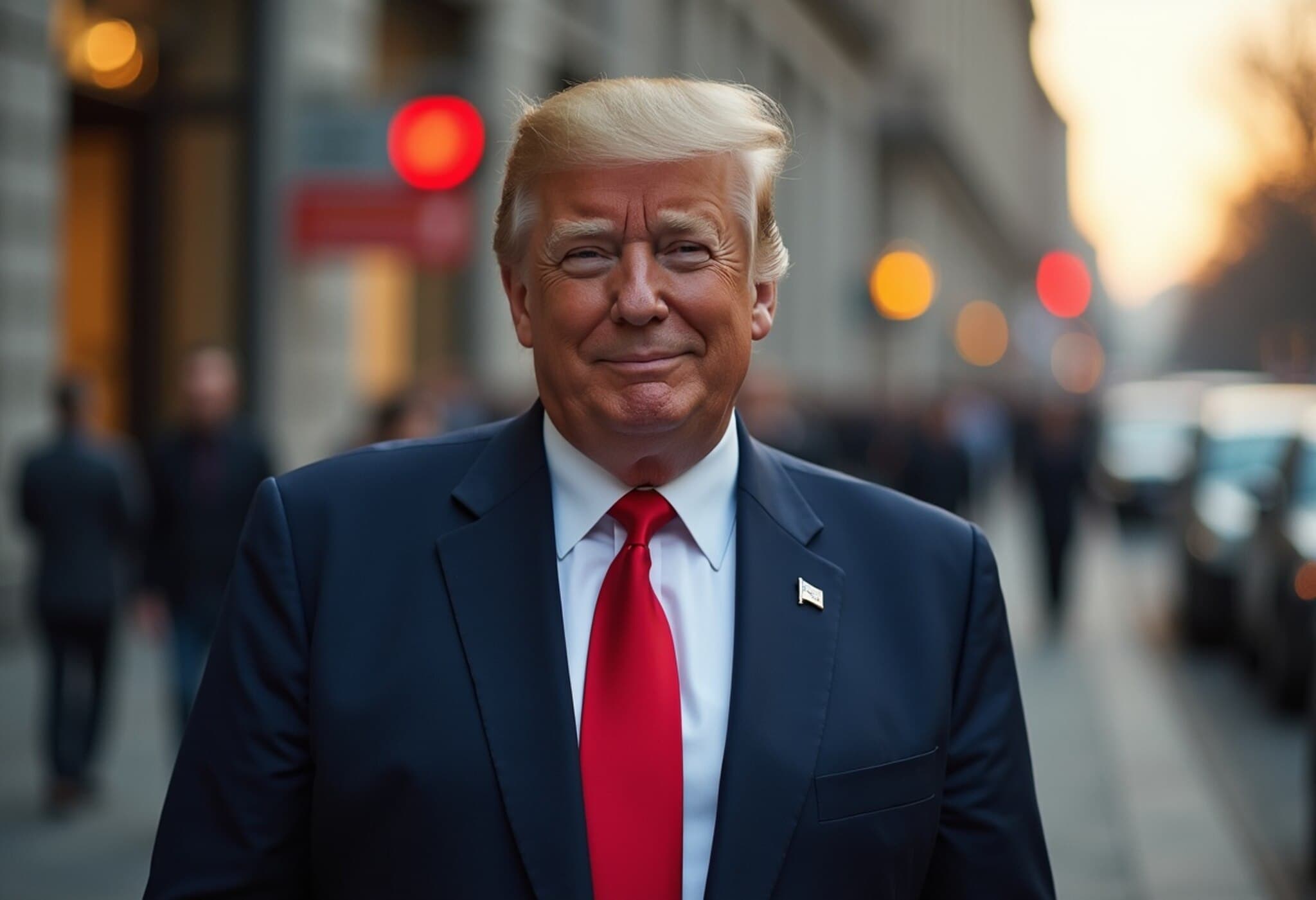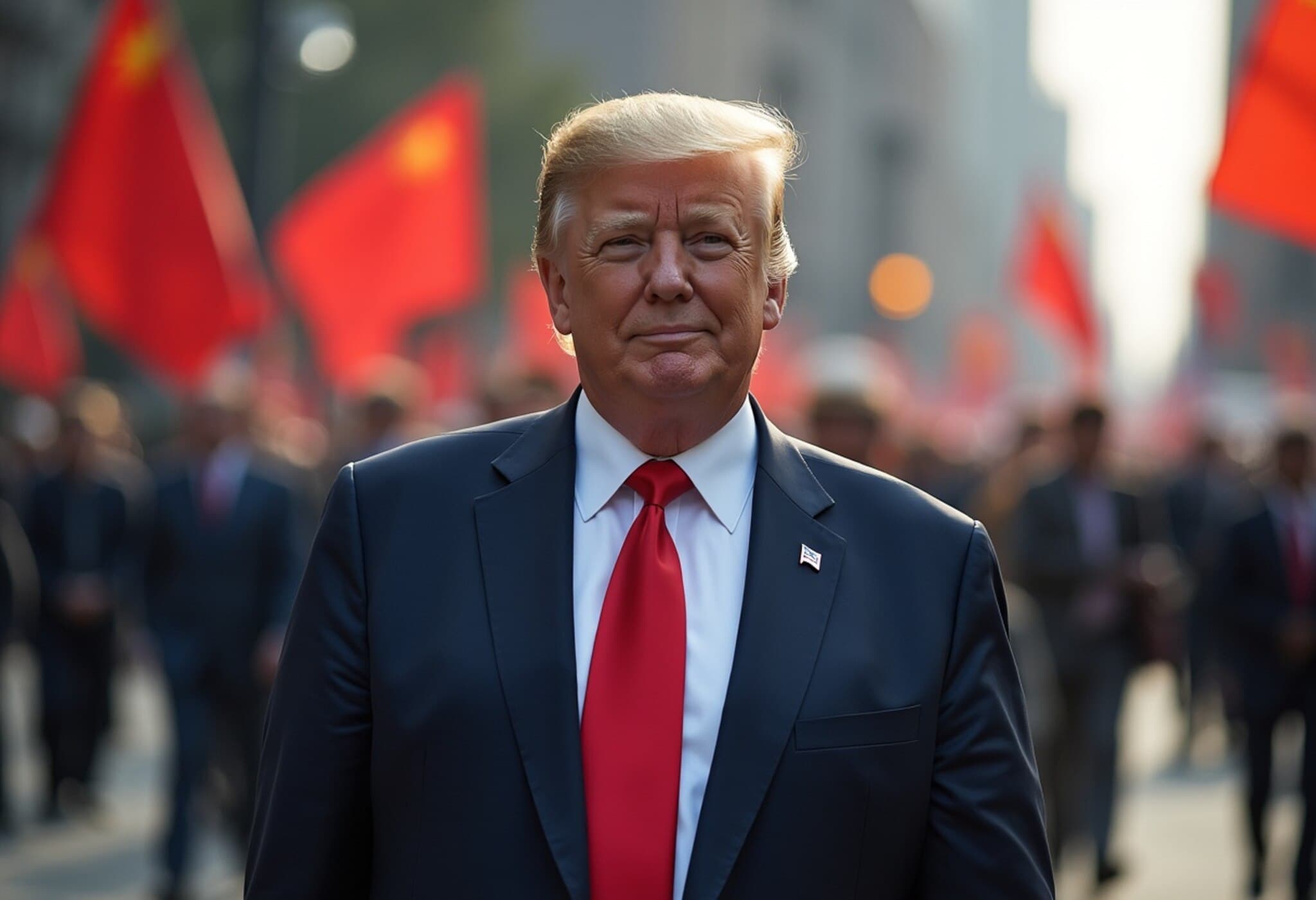Indian State-Owned Refiners Step Back from Russian Crude
In a notable shift within the global energy market, India's leading state-owned refiners have paused their purchases of Russian oil over the past week. Industry insiders report this change comes as the hefty discounts on Russian crude, once a key attractor, have faded, and diplomatic pressure from the United States has intensified.
Context: India’s Role in Russian Oil Trade
As the world’s third-largest oil importer, India stands out as the largest buyer of seaborne Russian crude. This trade channel has been vital for Russia’s economy, especially as the country continues its protracted military conflict in Ukraine. For several years, Indian refiners such as Indian Oil Corporation (IOC), Bharat Petroleum Corporation Limited (BPCL), Hindustan Petroleum (HPCL), and Mangalore Refinery and Petrochemicals Limited (MRPL) have relied heavily on discounted Russian barrels.
Why the Sudden Pause?
According to four sources closely familiar with these refiners’ purchasing plans, these state entities have not sought Russian crude supplies in the last week. Instead, they've pivoted to spot market purchases mainly from Middle Eastern sources like Abu Dhabi’s Murban crude, along with West African grades. The move reflects both market realities and geopolitical concerns:
- Discounts on Russian oil have narrowed drastically, making it financially less attractive compared to alternative grades.
- U.S. President Donald Trump’s recent threats to impose sweeping sanctions, including a potential 100% tariff on goods from countries that continue buying Russian oil without a peace accord, have raised alarm bells among refiners.
- There's growing apprehension about secondary sanctions that could limit overseas financing and complicate trade — even for buyers following the price cap restrictions.
Private Refiners Continue Russian Ties
While state refiners retrench, private Indian refiners such as Nayara Energy, largely owned by Russian interests including Rosneft, continue to maintain their annual contracts. Notably, private entities accounted for nearly 60% of India's 1.8 million barrels per day (bpd) of Russian oil imports in the first half of 2025. State refiners control over 60% of India's 5.2 million bpd refining capacity but sourced the remaining volume of Russian crude.
Political and Economic Crosscurrents
India has consistently voiced opposition to what it terms as "extraterritorial sanctions" and emphasizes its strategic autonomy in energy sourcing. Yet, recent moves by the U.S. complicate the calculus. On July 14, President Trump threatened broad tariffs targeting countries purchasing Russian oil unless Moscow strikes a substantial peace deal with Ukraine. Subsequently, on July 31, the U.S. announced a 25% tariff on Indian imports beginning August 1, though discussions remain ongoing.
This evolving geopolitical tug-of-war leaves Indian refiners navigating a challenging path — balancing energy security, economic interests, and diplomatic pressures.
Market Signals: Diversification and Adaptation
Reliance Industries’ recent purchase of Abu Dhabi's Murban crude for October shipment — a departure from usual patterns — underscores the industry's strategic pivot toward diversified crude sources. Such a trend may signal a longer-term rebalancing in India's energy imports, shifting away from dependency on Russian barrels amid tightening global scrutiny.
Expert Insight: What This Means for Global Energy and Policy
India’s cautious retreat from Russian crude imports not only reflects market economics but also highlights the ongoing friction between economic pragmatism and geopolitical imperatives. Energy policy experts note that while India seeks to uphold its sovereignty, it cannot entirely insulate itself from the ramifications of international sanctions regimes that directly affect financing, insurance, and maritime logistics.
Moreover, this recalibration could reshape crude supply chains globally, affecting pricing, refinery configurations, and long-term strategic partnerships — not just in the Indian Ocean region but across the broader energy market.
What Lies Ahead?
- Will India continue to resist international pressure, or will economic pragmatism prevail?
- How will Russian oil exporters adapt to shrinking access in large markets like India?
- What role will alternative suppliers from the Middle East and West Africa play in reshaping India's energy landscape?
Editor's Note
India’s recent decision to halt state-run purchases of Russian crude highlights the dynamic interplay of global energy markets and geopolitics. This development underscores how international sanctions and diplomatic pressures can ripple through supply chains, compelling even major importers to rethink long-standing trade relationships. As this story unfolds, stakeholders will be watching closely to see whether economic imperatives or political considerations will shape India’s future energy strategy.

